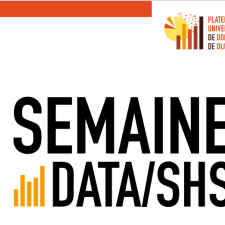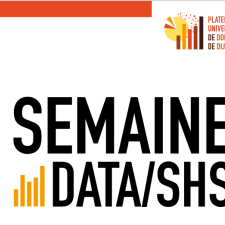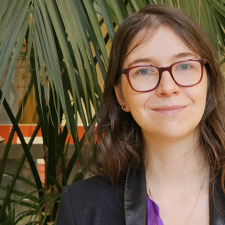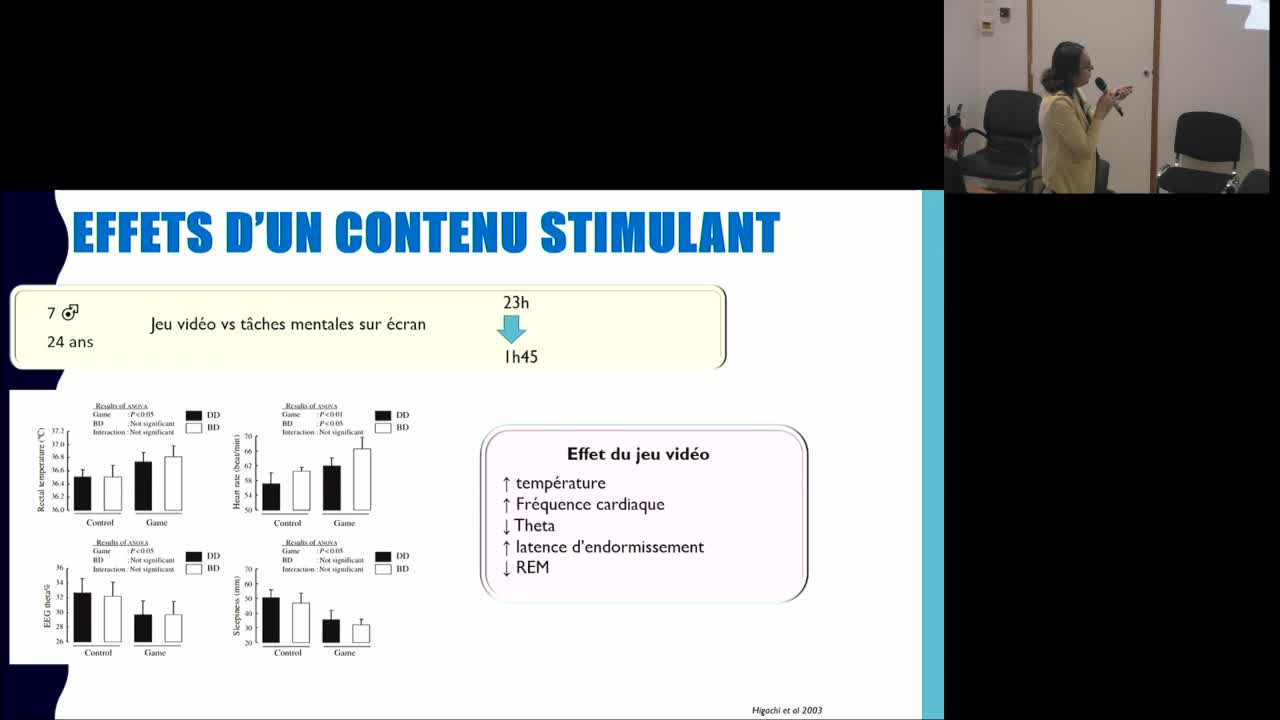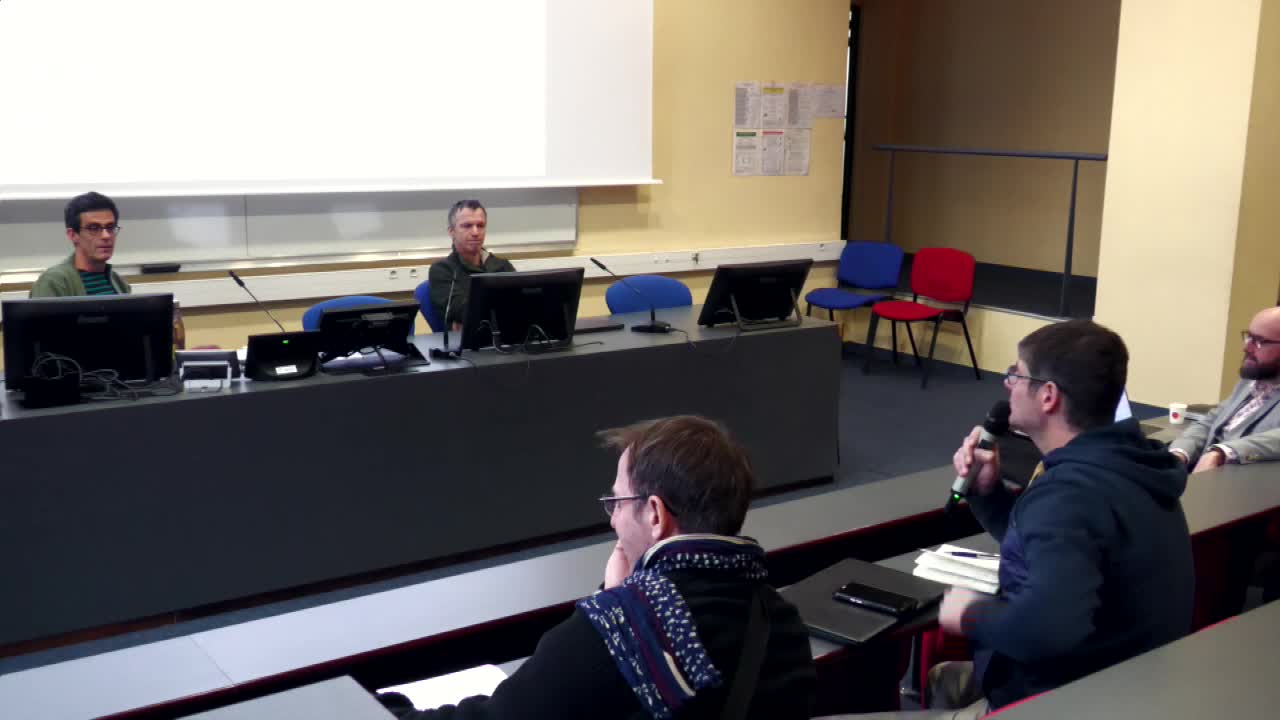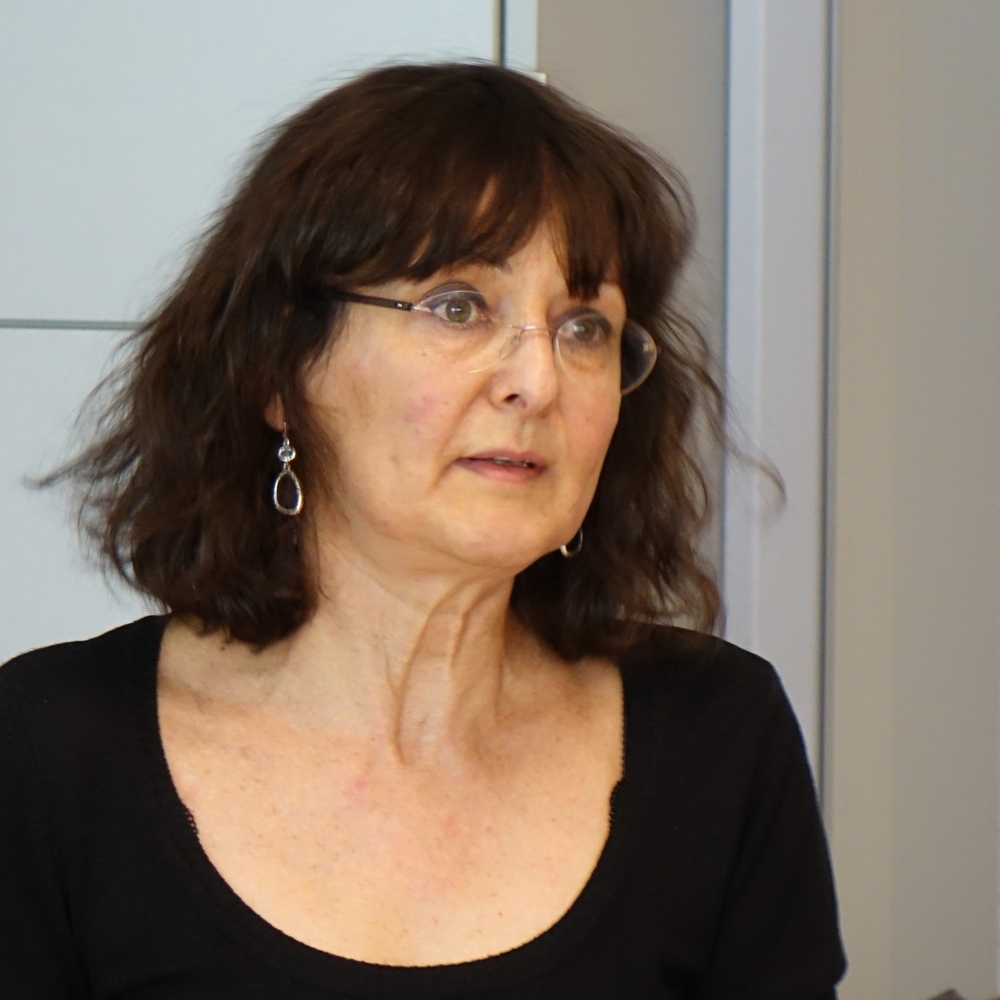Notice
brains on drugs: lessons from the 3rd reich
- document 1 document 2 document 3
- niveau 1 niveau 2 niveau 3
Descriptif
Intervention de Norman OHLER (Berlin – author of "Blitzed, Drugs in the Third Reich"): "Brains on Drugs: Lessons from the Third Reich", dans le cadre du colloque organisé par Itzhak Fried (IEA de Paris / UCLA / U. Tel Aviv) et Alain Berthoz (Collège de France), avec le soutien de la Région Ile de France dans le cadre du DIM Cerveau et Pensée, et de l'American University of Paris
"The Brains that pull the Triggers - 3rd Paris Conference on Syndrome E": international conference convened by Itzhak Fried (Paris IAS / UCLA / Tel Aviv University) and Alain Berthoz (Collège de France), with the support of the Région Ile de France within the framework of the DIM Cerveau et Pensée, and the American University of Paris.
The conference brought together scientists and scholars from the human, social and brain sciences to bear upon the question of transformation of seemingly ordinary individuals to repetitive agents of extreme violence in groups (Syndrome E). The menacing specter of such transformation in the human condition that has caused immense loss of life in the past, is a matter of grave concerns in contemporary civilization with the increase in global radicalization and discontent. In a special editorial, Nature magazine has described the first conference as “…a bold and important attempt to bring interdisciplinary approach to one of the biggest questions facing humanity”.
The aim of this conference was to foster a multidisciplinary approach trying to elucidate the brain mechanisms of this behavior and its collective characteristics, and also to evoke the social, psychological, ethical and juridical aspects.
Sur le même thème
-
L'œil et la pierre
LabonnelieMurielCe film retrace le parcours de Muriel Labonnelie, spécialiste de l’ophtalmologie gréco-romaine, dans le cadre de ses propres recherches sur les cachets à collyres, au sein du Laboratoire d’Archéologie
-
Dynamique Industrielle et Internationalisation des entreprises en France
ChaudronPierreLes revendications politiques habituelles mettent en avant la sélection des entreprises, la réallocation des ressources ainsi que les parts de marché des entreprises les moins efficaces vers les plus
-
Processus d’innovation : une analyse sur les données CIS Européennes-PUDD
L’innovation est vu comme un déterminant important de la compétitivité des entreprises, elle joue donc le rôle crucial de moteur économique. Toute une série de mesure a été mis en place ces dernières
-
Une minute avec Amélie Aussel
AusselAmélieAmélie Aussel est chercheuse au sein de l’équipe-projet Mnemosyne du centre Inria de l’université de Bordeaux.
-
Troubles du sommeil liés à l’usage des écrans et conséquences
GuyonAuroreOn observe depuis plusieurs décennies une diminution de la qualité et de la quantité de sommeil dans la population générale. Cette tendance émerge en parallèle du développement des nouvelles
-
-
Sommeil et sport : le pouvoir de la nuit
LacroixÉricHurdielRémyLes causeries du sport : Sommeil #1 - Sommeil et sport, le pouvoir de la nuit
-
Des données à l'impact - Outils pour la collecte d'informations et la prise de décisions. Le point …
Guillermo-TuazonMaria AntoniaVan DoorenCornéInterview de Maria Antonia Tuazon (Nutrition and Food Systems Officer, FAO) et Corné van Dooren (World Wildlife Fund Netherlands).
-
From data to impact – Tools for gathering information and taking decisions. A word from the experts.
Guillermo-TuazonMaria AntoniaVan DoorenCornéInterview with Maria Antonia Guillermo-Tuazon (Nutrition and Food Systems Officer, FAO) and Corné van Dooren (World Wildlife Fund Netherlands).
-
Impacts environnementaux des systèmes alimentaires
MeybeckAlexandreAlexandre Meybeck (Senior Forests, Trees and Agroforestry Scientist, CIFOR) nous décrit les effets des systèmes alimentaires dominants actuels sur l'environnement.
-
Environmental impacts of food systems
MeybeckAlexandreAlexandre Meybeck (Senior Forests, Trees and Agroforestry Scientist, CIFOR) describes the effects of today's dominant food systems on the environment.
-
L’essor du demi-luxe à Paris au XVIIIe siècle
Après avoir présenté le contexte historiographique, notamment l’importance du questionnement des sociologues pour les historiens de la consommation, puis rappelé l’ambivalence du terme « luxe »,



